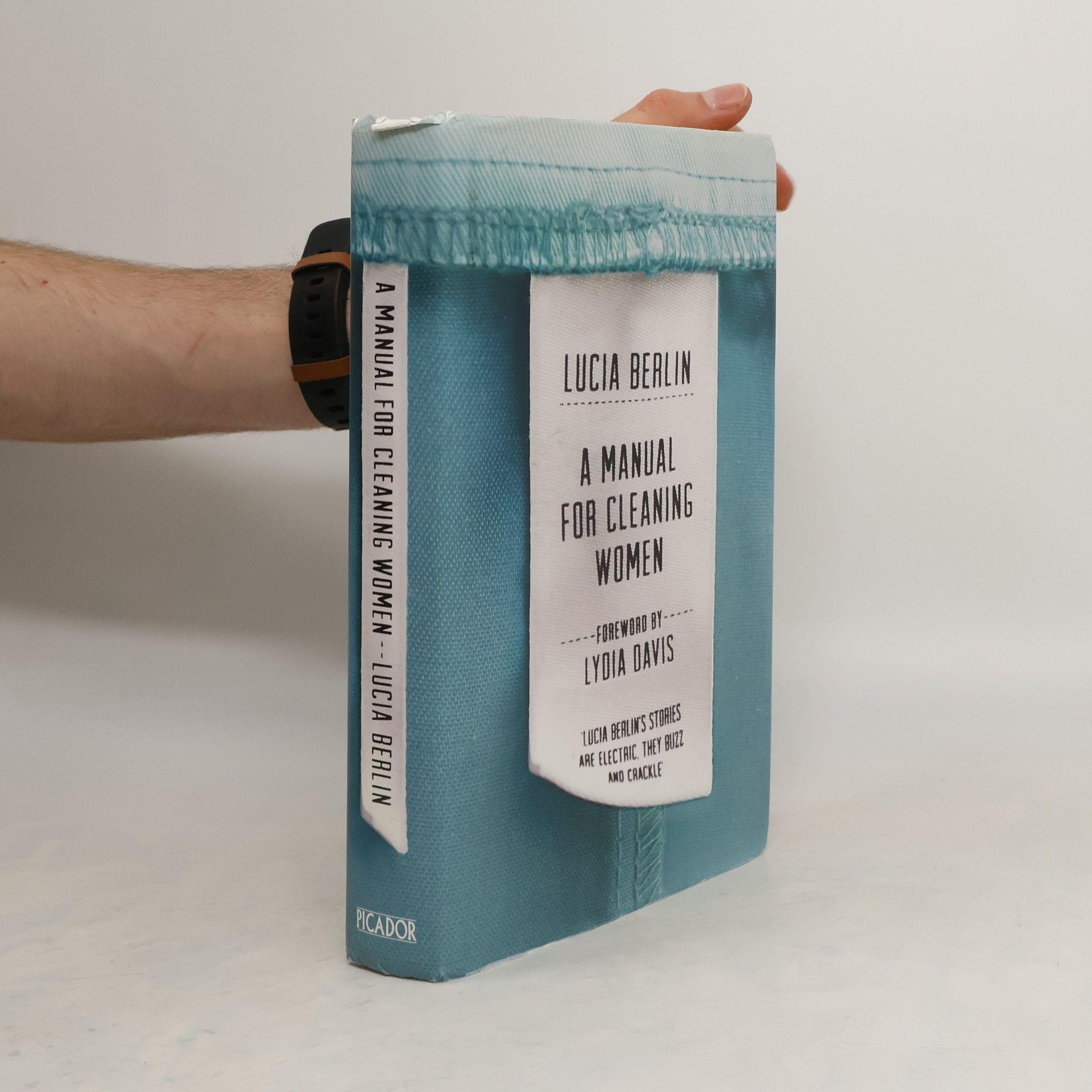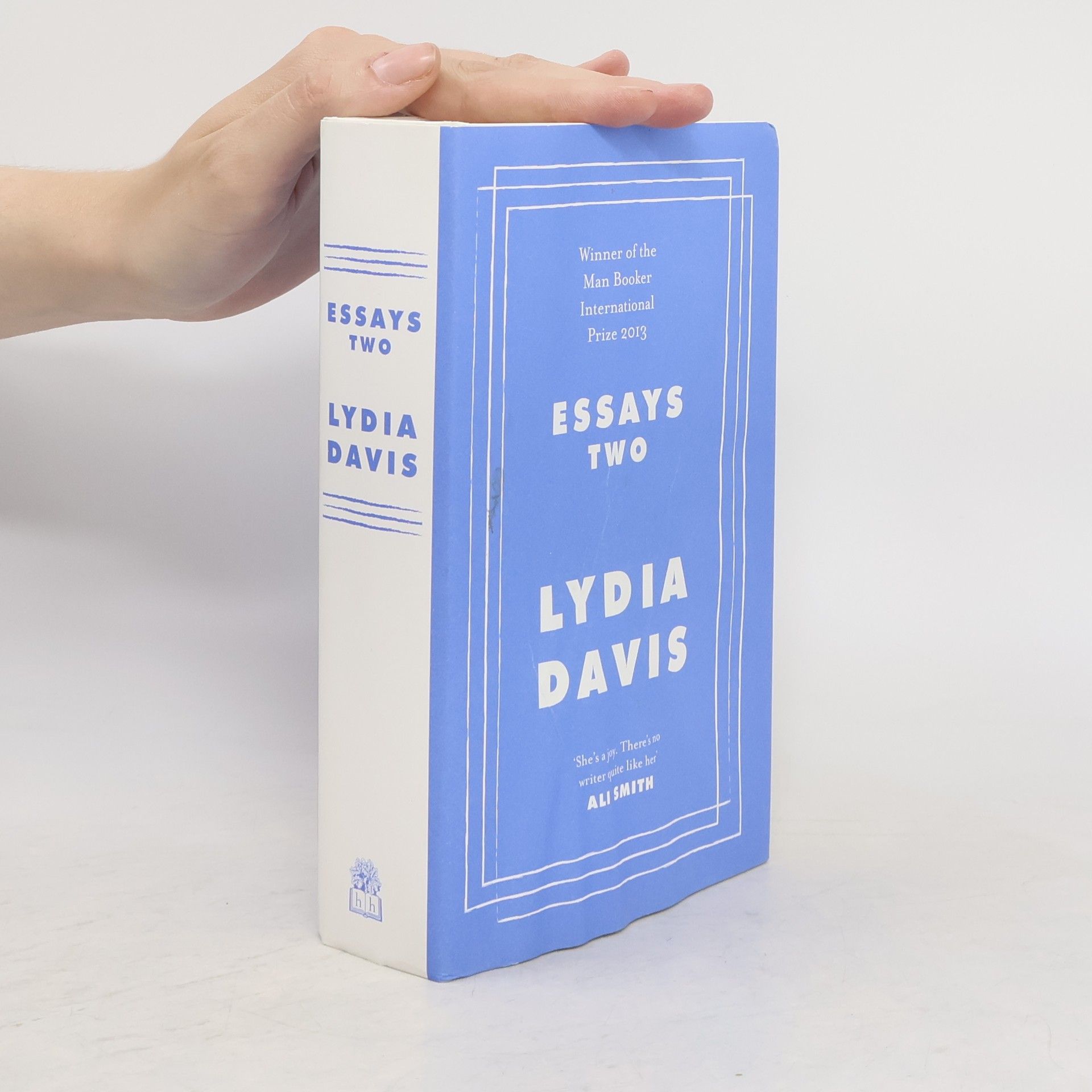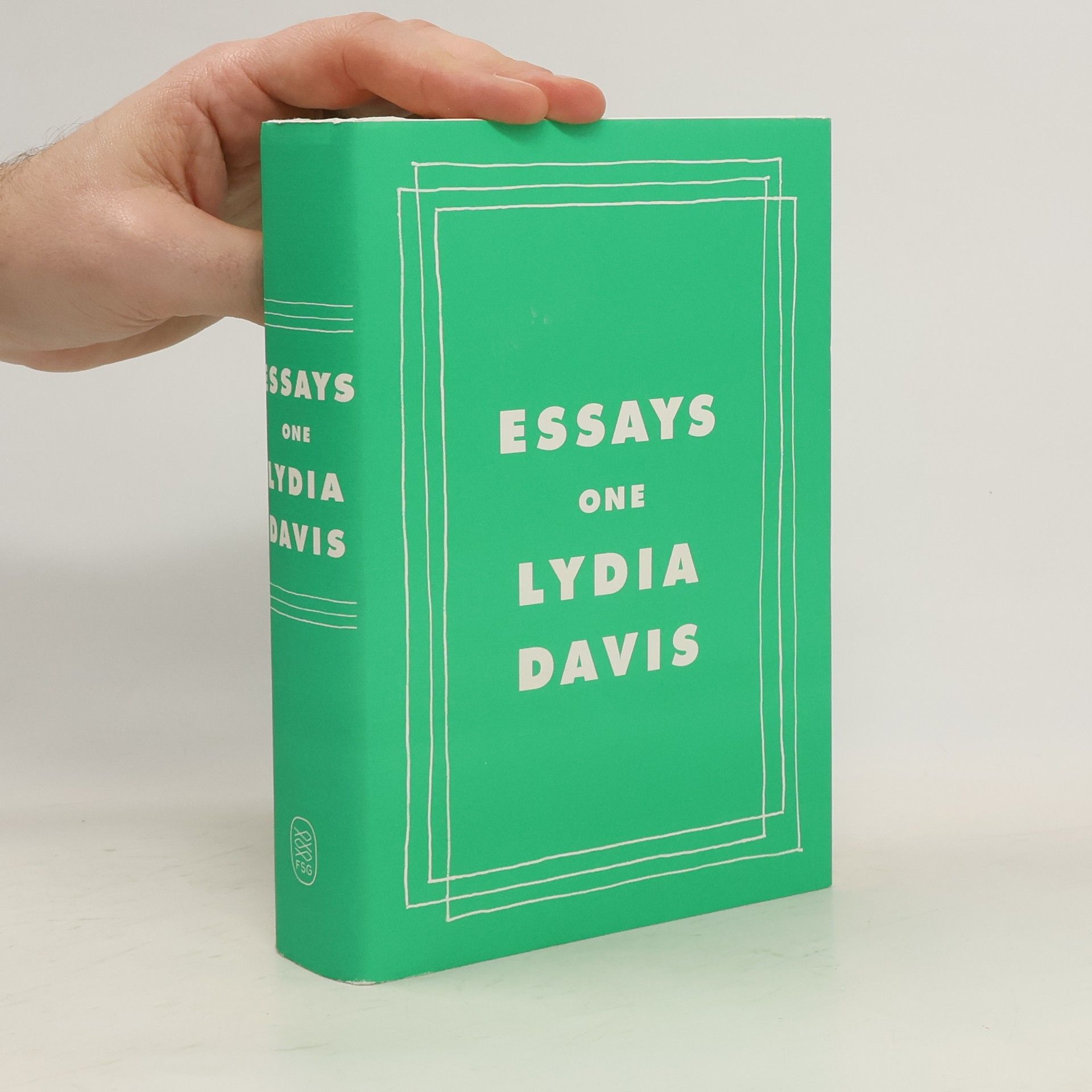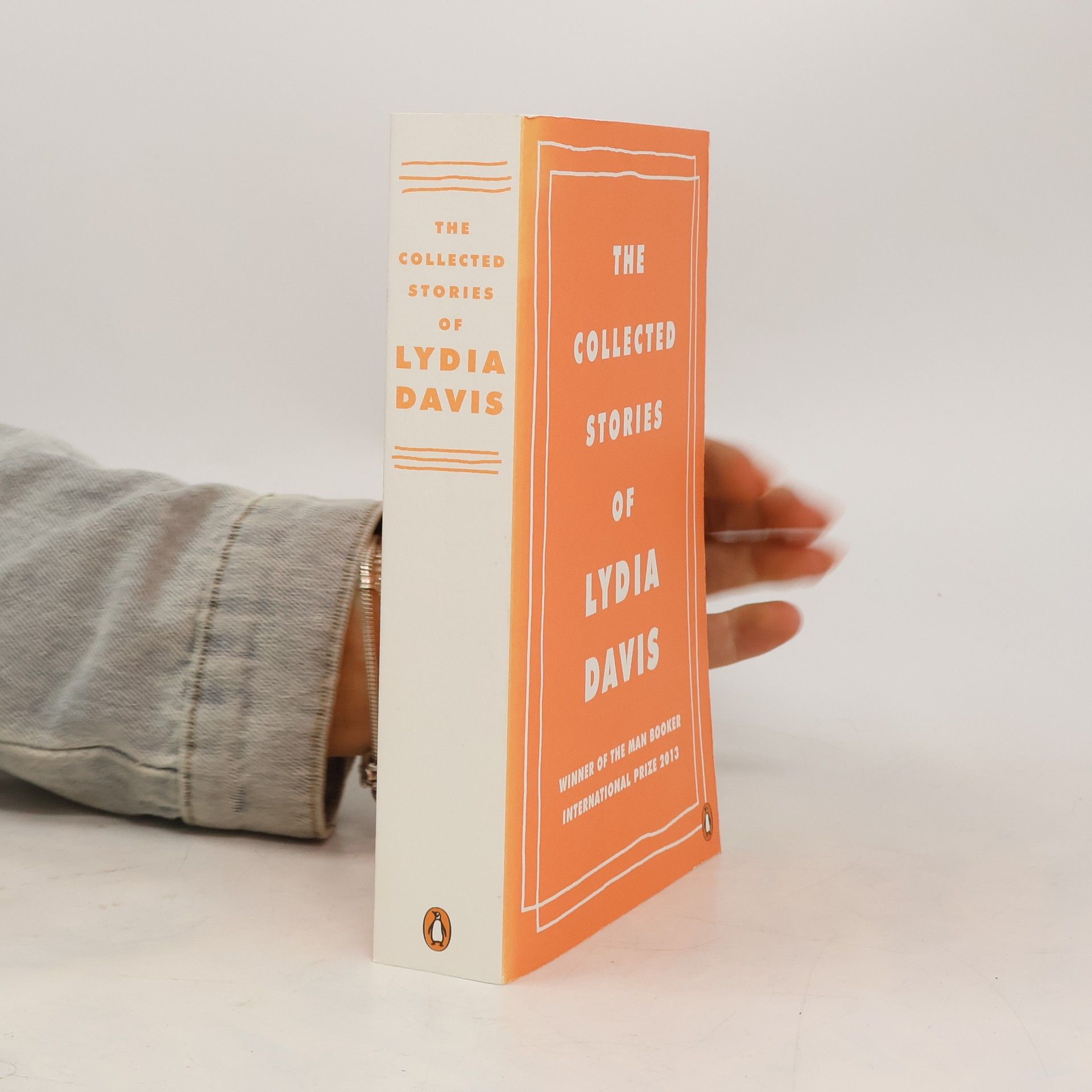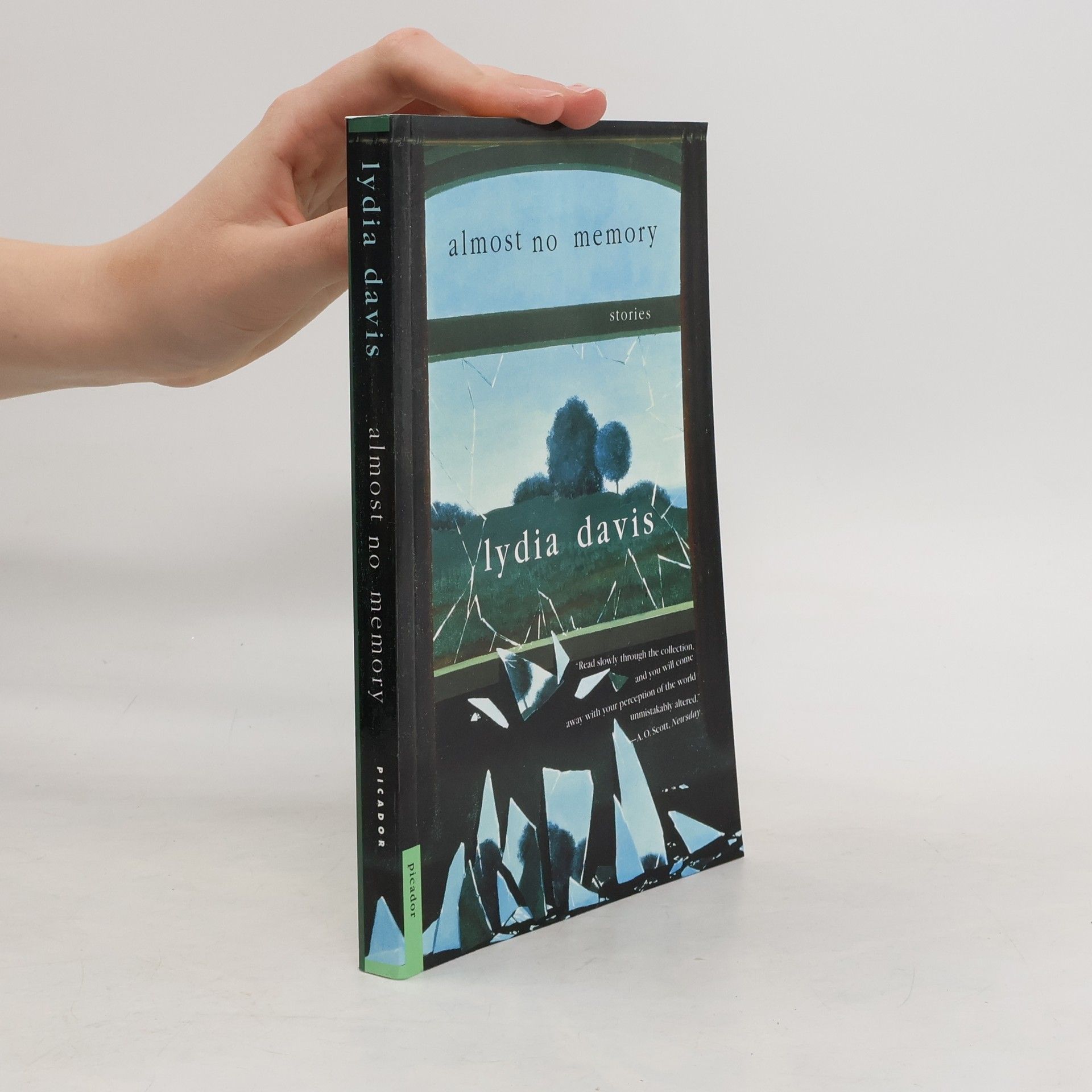McSweeney's: Piccolo, piccolo grande uomo
- 192pagine
- 7 ore di lettura
Come recita la testata del sito Web, "Timothy McSweeney è un enigma avvolto in un mistero avvolto nella pancetta". Ma chi era davvero Timothy McSweeney? Una possibile risposta si trova nel sesto numero, dove si racconta di un uomo che scriveva lettere al futuro fondatore della rivista quando questi era ancora bambino vicino a Chicago. Le lettere, con una calligrafia strana e bella, erano indirizzate anche alla madre, insistendo su un legame con la famiglia McSweeney. La spiegazione si sviluppa ulteriormente, ma resta da chiedersi quanto ci sia di vero e quanto di immaginario. La rivista è nata a San Francisco nel 1998 grazie a Dave Eggers, rivoluzionando il panorama letterario e attirando autori celebri come Stephen King, Joyce Carol Oates, David Foster Wallace e molti altri. In questa antologia, abbiamo raccolto i contributi di alcune delle intrepide scrittrici che hanno reso la rivista un luogo affascinante. Da Zadie Smith a Heidi Julavits, da Lydia Davis a A.M. Homes, fino a Susan Minot e Sheila Heti, troverete una varietà di storie brevi, memorie personali, saggi e altro ancora. Queste letture non solo vi offriranno soddisfazione e divertimento, ma vi trasformeranno in lettori incredibilmente cool. E oggi, scusateci se è poco.
